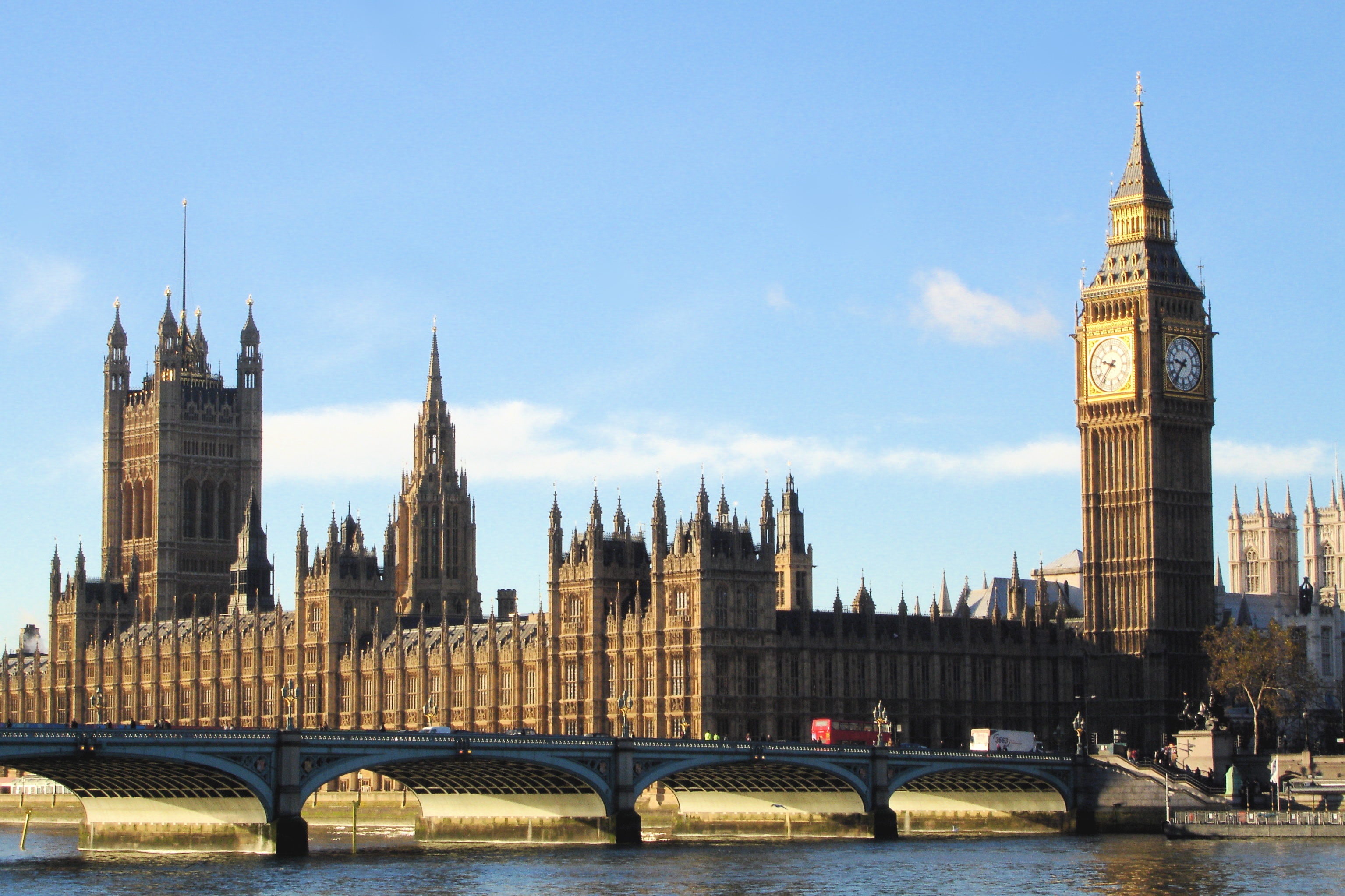Digital Economy Bill sneaks past second reading
Despite a number of objections from MPs on all sides of the house, the Digital Economy Bill has passed its second reading in the House of Commons.


The Digital Economy Bill managed to pass its second reading stage in the House of Commons last night, following a scarcely attended debate.
With just 35 MPs present or five per cent of elected representatives the bill was debated for a number of hours with varying levels of support and indeed disapproval.
It was presented by the Culture, Media and Sport Secretary Ben Bradshaw, who acknowledged the widespread criticism that the bill had not been given enough time to be scrutinised in parliament.
"It is not ideal that this bill is not likely to enjoy full debate," he said, "but at the end of the parliament there are always bills to which this applies."
Bradshaw's shadow counterpart, Jeremy Hunt MP, slammed the bill as a "weak, dithering, incompetent attempt" to deal with the digital issues at hand and pledged the Conservatives would re-examine it if they got into power after 6 May.
Yet, for all his criticisms, he still agreed to let the bill pass to the next stage.
The backbenchers made their thoughts clear with many mentioning the number of emails they had received from concerned constituents, highlighting campaign efforts by the likes of 38 Degrees and the Open Rights Group.
Sign up today and you will receive a free copy of our Future Focus 2025 report - the leading guidance on AI, cybersecurity and other IT challenges as per 700+ senior executives
Austin Mitchell, Labour MP for Great Grimsby, warned of the number of "young people who [felt] threatened by the bill and think it's wrong" and how more time was needed to scrutinise the bill and educate people about its contents.
However this, and the early day motion he had tabled to the house last week in an attempt to slow the process down, were skimmed over.
Sion Simon, Labour MP for Birmingham Erdington and former Parliamentary Under-Secretary of State for Creative Industries, was much more positive about the bill and tackled the concerns of "the little guy" with a slightly awkward Star Wars Luke Skywalker versus Darth Vader metaphor.
He made the point that the bill was "not all about big corporate fats cats [with] these measures supported by all the unions [as well]."
So, with reluctance on a number of MPs parts, the bill passed the second reading. Today the wash-up phase kicks in, allowing only for a shortened version of the committee stage before the bill is voted on and passed through.
Jim Killock, director of the Open Rights Group, believes the fight is not over yet though and has urged campaigners to continue pressing their MPs against the bill.
"20,000 supporters wrote to MPs asking them to give the Digital Economy Bill proper consideration, especially giving time to consider the consequences of measure to remove internet access as a punishment for copyright infringement," he wrote in a blog post.
"This is a matter of confidence in Parliament for many of us. I expect you are, like me, disturbed that serious laws can be pushed through without proper debate and scrutiny."
Both the Open Rights Group and 38 Degrees are asking people to phone their MPs to tell them to oppose the bill in its final stages due to take place later this afternoon.
However, Stephen Timms, Minister for Digital Britain, concluded the debate yesterday with firm belief it was right for it to be passed.
"We have had a very good debate," he said. "The digital economy and our creative industries are a source of great strength for the UK and our economy."
He added; "The digital economy holds out vast opportunities for the UK [and] the bill will enable us to realise those opportunities."
Jennifer Scott is a former freelance journalist and currently political reporter for Sky News. She has a varied writing history, having started her career at Dennis Publishing, working in various roles across its business technology titles, including ITPro. Jennifer has specialised in a number of areas over the years and has produced a wealth of content for ITPro, focusing largely on data storage, networking, cloud computing, and telecommunications.
Most recently Jennifer has turned her skills to the political sphere and broadcast journalism, where she has worked for the BBC as a political reporter, before moving to Sky News.
-
 What the fragmentation of UC means for the channel
What the fragmentation of UC means for the channelIndustry Insights If communications are becoming fragmented, what does that mean for MSPs and VARs?
-
 How SMBs can DIY their IT implementation and support
How SMBs can DIY their IT implementation and supportFeature For some small and medium-sized businesses, the third-party expertise and support might be out of reach. What’s the alternative?
-
 UK’s ‘Tech Prosperity Deal' with US hits rocky ground
UK’s ‘Tech Prosperity Deal' with US hits rocky groundNews The US has reportedly threatened to pull out of the deal over the Digital Services Tax and broader economic disagreements
-
 ‘A major step forward’: Keir Starmer’s £187 million tech skills drive welcomed by UK industry
‘A major step forward’: Keir Starmer’s £187 million tech skills drive welcomed by UK industryNews The ‘TechFirst’ program aims to shore up the UK’s digital skills to meet future AI needs
-
 Government’s ‘Humphrey’ AI tool helps local authorities cut costs
Government’s ‘Humphrey’ AI tool helps local authorities cut costsNews The Minute tool, part of the Humphrey AI assistant, is being trialled at 25 councils
-
 Starmer bets big on AI to unlock public sector savings
Starmer bets big on AI to unlock public sector savingsNews AI adoption could be a major boon for the UK and save taxpayers billions, according to prime minister Keir Starmer.
-
 UK government targets ‘startup’ mindset in AI funding overhaul
UK government targets ‘startup’ mindset in AI funding overhaulNews Public sector AI funding will be overhauled in the UK in a bid to simplify processes and push more projects into development.
-
 UK government signs up Anthropic to improve public services
UK government signs up Anthropic to improve public servicesNews The UK government has signed a memorandum of understanding with Anthropic to explore how the company's Claude AI assistant could be used to improve access to public services.
-
 The UK’s AI ambitions face one major hurdle – finding enough home-grown talent
The UK’s AI ambitions face one major hurdle – finding enough home-grown talentNews Research shows UK enterprises are struggling to fill AI roles, raising concerns over the country's ability to meet expectations in the global AI race.
-
 US government urged to overhaul outdated technology
US government urged to overhaul outdated technologyNews A review from the US Government Accountability Office (GAO) has found legacy technology and outdated IT systems are negatively impacting efficiency.
